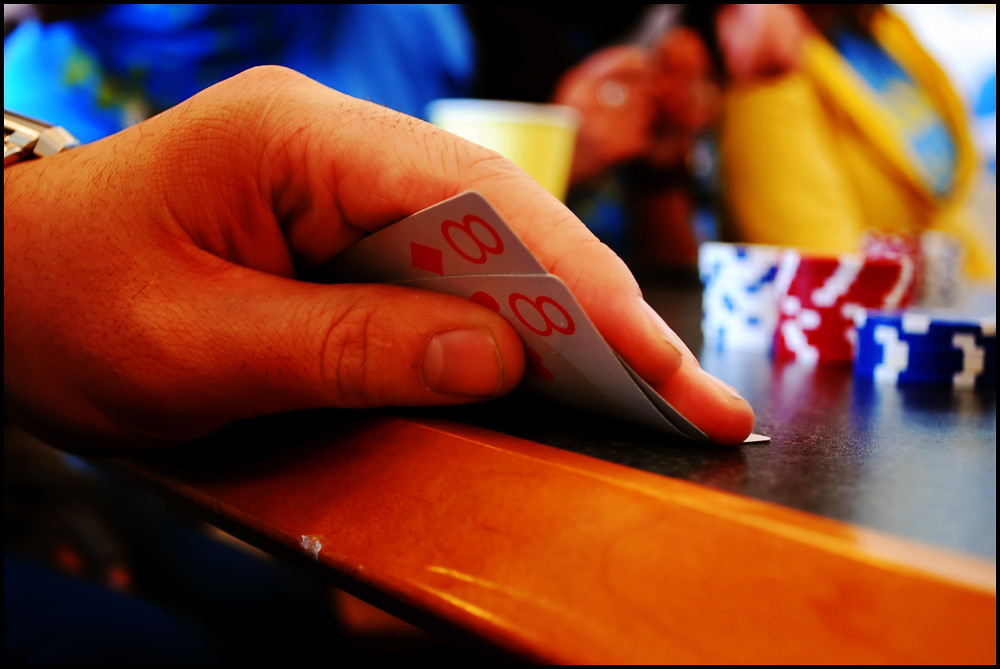Texas Hold'em - the king of poker
Poker is a game of genius. It combines the luck of fate and the personal skill of showing yourself to be smarter than your opponent. No matter how good or bad a hand you get, you always have a chance to win. An important detail is that you need to know how to deny the opponent with a strategy. Any single combination of cards can be played in thousands of ways. When to raise, how much to raise, when to fold, when to be aggressive or passive. There are too many options and you often make decisions that you later regret.
Just as there are many ways to play a hand, there are also many ways to play poker. The question is, which one is the most popular? Many will answer that Texas Hold'em is the king of poker. But why?
There are many reasons. One of them is that this variation of poker has relatively simple rules. You get two cards. According to the different stages of the table turning, five more are discovered. They are available to every player. The idea is to combine them in an optimal way with your personal two. Finally, out of the total of seven, each one combines in the strongest way for himself five. The player with the strongest hand wins. Texas Hold'em is so clear from the rules that even Chris Moneymaker as an amateur beat hundreds of professional players and became a millionaire in a few hours.
The other important element of Texas Hold'em is the number of players. It varies according to the rules, but up to 10 people can sit at one table at the same time. This means that even with a single deck of cards there is no problem playing against a large number of opponents. With 10 people at a table, the fate of a winner and a loser will be determined by just 25 cards.
Also, there are no limits in Texas Hold'em. Yes, in different variations of the game they can be imposed by the rules. But in the pure version of this type of poker, the stakes can escalate sharply. On each turn, the players at the table are allowed to put in all the money they have placed on the table. If your opponent cannot respond to such a move, even if you lose, you remain in the game with the difference between the two amounts.




